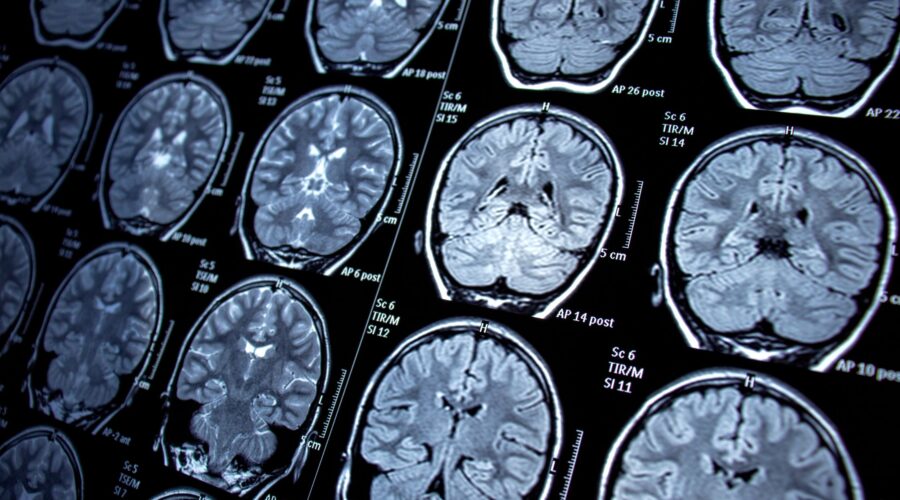Visiting the Neurology Center of North OC was one of the most important steps I’ve taken for my brain health.
For months, I had been dealing with unexplained headaches, trouble focusing, and even moments of forgetfulness that felt way too frequent for my age.
At first, I chalked it up to stress or screen time, but deep down, I knew something wasn’t right.
What finally pushed me to seek help was a moment I’ll never forget—standing in my kitchen, unable to recall the name of a childhood friend who I’d just spoken to days before.
That’s when I knew it wasn’t just “one of those things.”
I needed to get answers, and I needed a team that specialized in the complex workings of the nervous system.
You can learn more about what to expect when you take that first step.
Why Brain Health Is Non-Negotiable
We often take our brain for granted.
It controls everything—our thoughts, emotions, movements, and memory.
But unlike a pulled muscle or a sore throat, neurological symptoms can sneak up subtly.
Brain fog, lightheadedness, or even random muscle twitches—these things might not seem urgent, but they can point to something deeper.
And when they’re ignored, they grow louder.
That’s what happened to me.
A Personal Path Toward Clarity
When I arrived for my first appointment, I felt nervous.
Would they find something serious?
Would I finally get answers?
From the moment I stepped in, I realized I wasn’t just a number in a file.
They listened—really listened—to what I had to say.
We talked about my family history, my daily habits, even how often I felt emotionally drained.
Then came the tests.
EEGs, cognitive assessments, and a series of physical checks designed to uncover what was really going on beneath the surface.
Understanding the Signals: It’s Not Just in Your Head
What stood out to me most was how they framed everything.
Neurological symptoms aren’t about being dramatic or “too sensitive.”
They’re signals.
Clues from your body that something is off.
If you’re feeling frequent dizziness, unexplained numbness, or sudden mood shifts, it’s worth looking into.
These signs can relate to conditions like migraines, epilepsy, multiple sclerosis, or even early-onset cognitive decline.
From Diagnosis to Day-to-Day Strategies
Once my results came back, we discussed them together—no overwhelming jargon, no rushed explanations.
Instead of tossing out a prescription and sending me off, the care team mapped out a lifestyle plan.
A mix of personalized therapies, stress management tools, and practical daily changes.
Things like reducing screen time before bed, improving hydration, and introducing targeted brain exercises made an incredible difference.
Within weeks, I noticed I was remembering names again, staying focused longer, and sleeping more soundly.
What Set This Journey Apart
It wasn’t just about the medical side.
It was about feeling heard.
Feeling like I was an active participant in my recovery, not just a patient waiting to be fixed.
They involved me in every step, checking in often and tweaking the plan as needed.
Real care, real people.
And that made all the difference.
Tackling Everyday Neurological Struggles
You don’t need a major diagnosis to benefit from neurological support.
Even everyday struggles like tension headaches, chronic fatigue, or insomnia can be neurological in origin.
I used to think my forgetfulness was just part of being busy.
Now I understand it was my brain’s way of asking for help.
And I’m so glad I listened.
Empowering Others to Take the First Step
If you’ve been putting off seeing someone about your symptoms, consider this your sign.
There’s nothing weak about wanting clarity.
In fact, it’s one of the most powerful moves you can make.
From that first appointment to now, the shift has been incredible.
I feel more in tune with my body than I ever have before.
And more than anything, I feel hopeful.
Closing Thoughts: It’s About More Than Medicine
At the end of the day, getting help with your brain health isn’t just about medication or treatment plans.
It’s about getting your life back.
It’s about mornings where you wake up clear-headed.
Afternoons where you stay productive.
And evenings where your mind isn’t racing.
I didn’t know how much I was missing—until I got it back.
Whether it’s brain fatigue, memory lapses, or persistent migraines, don’t brush it off.
Support is out there.
And it could change everything.
Let this be the push you need to learn more about what’s possible.
Author bio-
Anthony M. Ciabarra, M.D., Ph.D.
Dr. Anthony M. Ciabarra is a board-certified neurologist with subspecialty certification in neurophysiology. He earned his medical degree from the Yale University School of Medicine and completed his internship at Massachusetts General Hospital. He went on to complete his residency and fellowship training at Columbia-Presbyterian Medical Center. Dr. Ciabarra is a Diplomate of the American Board of Neurology and is widely recognized for his expertise in clinical neurophysiology and neurological diagnostics.



